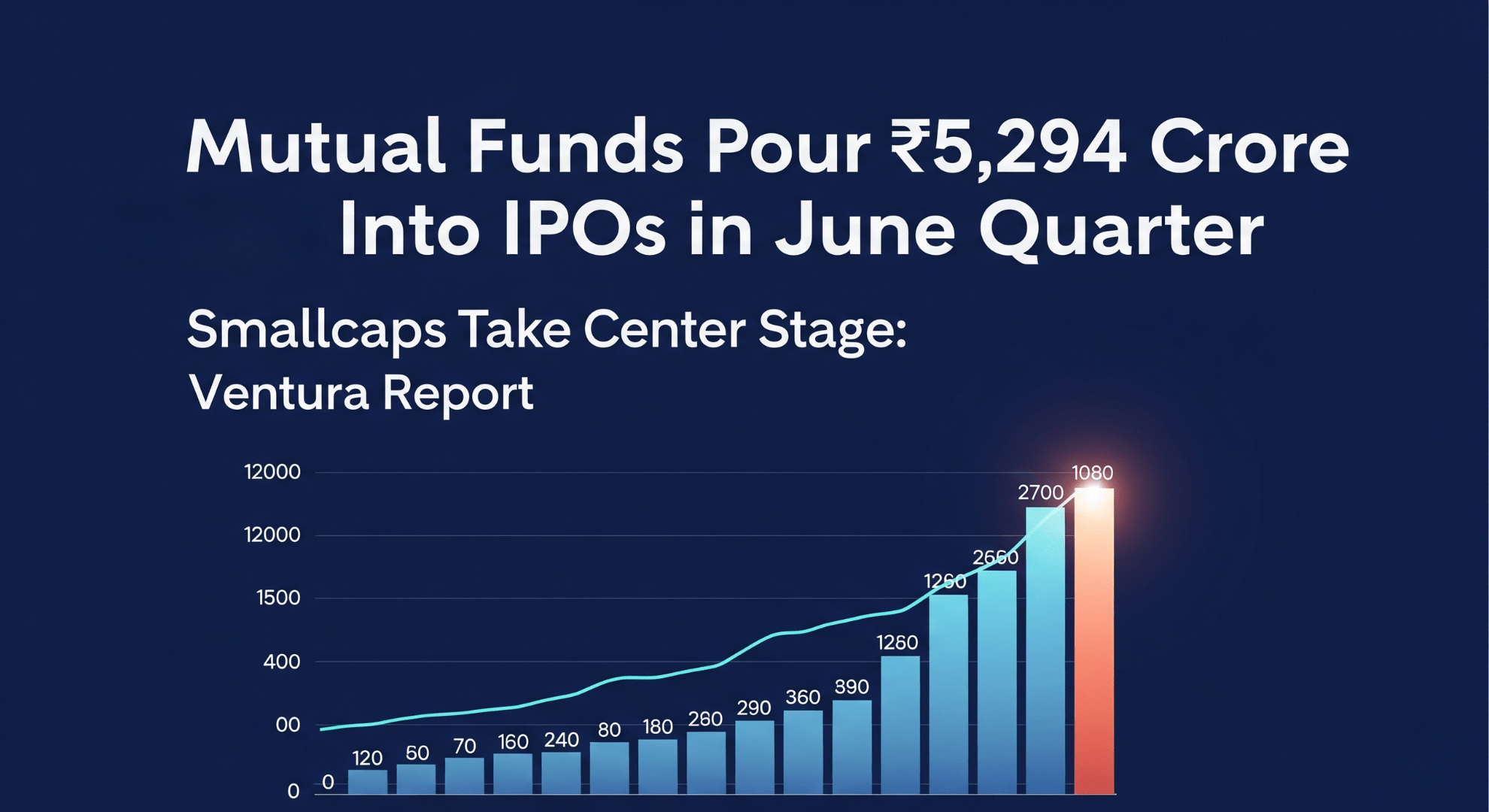
Table of Contents
- What Are War Risk and Strike Clauses?
- Why Standard Marine Insurance Excludes Them
- Key Perils Covered Under War Risk Insurance
- Strike, Riot, and Civil Commotion (SRCC) Coverage
- Who Needs These Add-Ons the Most?
- Practical Scenarios: Why These Clauses Matter
- How Indian Exporters Can Secure Coverage
- FAQs
What Are War Risk and Strike Clauses?
War risk and strike clauses are special extensions to marine insurance policies that cover losses caused by:
- War and warlike operations
- Terrorism
- Strikes and labor unrest
- Riots and civil commotion
- Political uprisings
These clauses ensure that cargo owners, ship operators, and exporters are not left financially exposed when global or local unrest disrupts trade routes.
Why Standard Marine Insurance Excludes Them
Marine insurance is already complex, covering risks like collisions, theft, fire, and natural calamities. But war, terrorism, and strikes are excluded because:
- They are unpredictable and catastrophic in scale.
- Losses may run into billions, far exceeding normal underwriting capacity.
- Governments and international bodies often step in during wars, complicating claims.
Thus, insurers separate these perils into specialized covers available at an additional premium.
Key Perils Covered Under War Risk Insurance
War risk insurance typically includes protection against:
- War & Hostilities: Losses due to war between nations.
- Piracy: Especially relevant in high-risk zones like the Gulf of Aden.
- Seizure or Confiscation: By hostile authorities or governments.
- Detainment: Cargo held back during political conflict.
- Terrorist Attacks: Damage caused by politically motivated violence.
Strike, Riot, and Civil Commotion (SRCC) Coverage
SRCC insurance protects cargo against damages caused by:
- Labor strikes at ports or warehouses
- Riots during transit
- Civil commotion disrupting supply chains
This coverage is crucial for exporters dealing with regions prone to political protests or labor unrest.
Who Needs These Add-Ons the Most?
While all exporters benefit, high-priority users include:
- Indian exporters shipping to conflict-prone regions (Middle East, Africa).
- Businesses moving cargo through piracy hotspots (Somalia, Gulf of Guinea).
- Companies dependent on just-in-time logistics, where delays mean huge losses.
Practical Scenarios: Why These Clauses Matter
- Piracy in the Arabian Sea: An Indian exporter’s container vessel is hijacked—losses recovered only with war risk cover.
- Labor Strike at a Port: Goods stuck due to dockworker strikes—SRCC ensures compensation.
- Civil Unrest in Transit Country: Cargo destroyed during riots—protected only under strike and riot clauses.
How Indian Exporters Can Secure Coverage
- Speak to insurers for war risk add-ons when shipping to sensitive regions.
- Check trade terms (Incoterms) to see who bears responsibility buyer or seller.
- Ensure SRCC is explicitly included in marine policies.
- Factor in premium differences when quoting to overseas buyers.
FAQs
Q1. Are war risk and strike clauses automatically included in marine insurance?
No, they are offered as add-ons and require additional premiums.
Q2. Does piracy fall under war risk insurance?
Yes, piracy is generally covered under war risk clauses.
Q3. Is SRCC coverage valid for domestic shipments?
Yes, strike and riot clauses can also be applied to inland cargo movement.
Q4. How expensive is war risk insurance?
Premiums depend on cargo type, route, and current geopolitical conditions.






